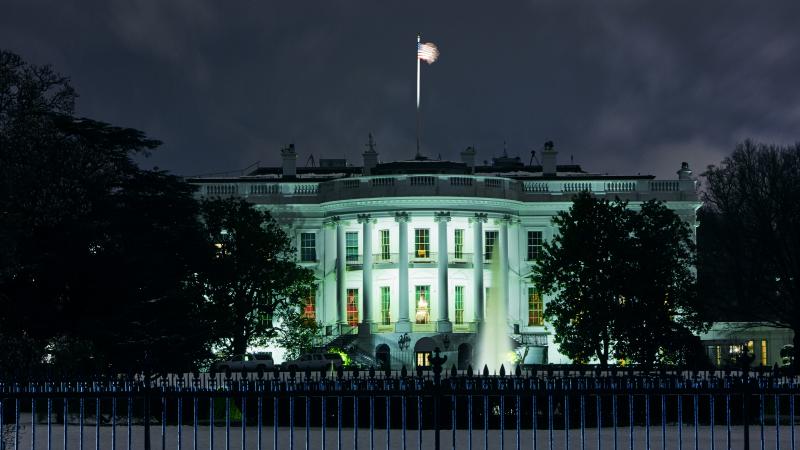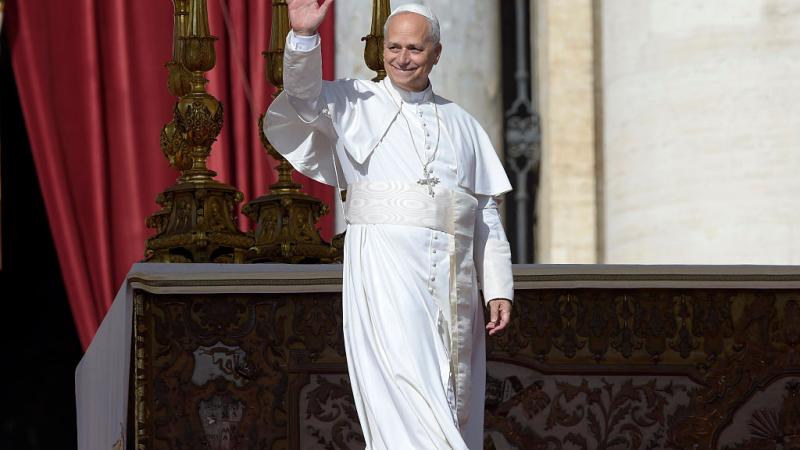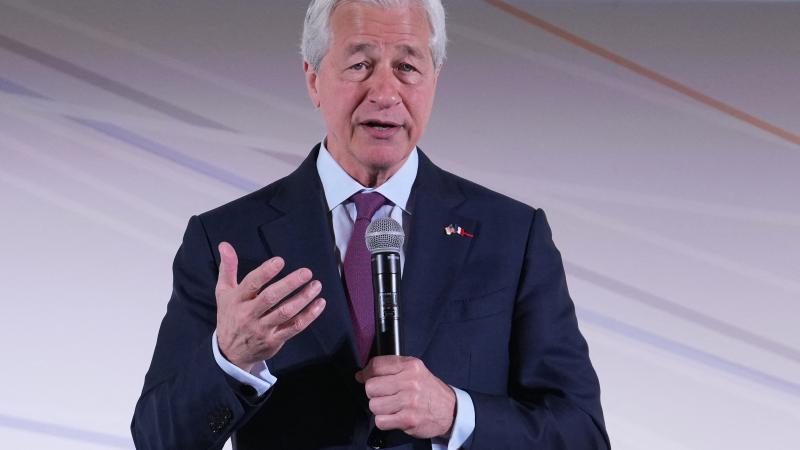New York pays Christian photographer $225K for threatening her for refusal to do same-sex weddings
Obama nominee ruled it was "beyond debate" after Supreme Court ruling for Christian website designer that Empire State could not compel Emilee Carpenter to participate in activities against her beliefs.
New York ended four years of litigation by Christian wedding photographer Emilee Carpenter by paying her $225,000 in legal fees and promising not to enforce several laws that infringe Carpenter's First Amendment rights, leaving her free to avoid photographing same-sex weddings.
The consent decree between Attorney General Letitia James and Carpenter's lawyers at the Alliance Defending Freedom follows a May ruling by U.S. District Judge Frank Geraci, nominated by President Obama, that it was "beyond debate" the Empire State cannot apply public accommodations laws to "expressive activity to compel speech."
The 2nd U.S. Circuit Court of Appeals sent the case back to trial court after the Supreme Court struck down Colorado's public accommodations law as applied to creative professionals such as website designer Lorie Smith and her 303 Creative, who also refused same-sex wedding clients. Colorado later paid Smith $1.5 million in legal fees.
Geraci issued a "narrow" preliminary injunction stopping the state from "peculiarly" doing this to Carpenter specifically.
James' office agreed in the consent decree to not use New York's accommodations, discrimination and publication clauses to force Carpenter and her business to offer the same engagement and wedding photography packages to same-sex couples they offer heterosexual couples.
It also won't use them to prevent Carpenter and her business from "adopting their desired Beliefs and Practices policy," posting and advertising that policy, or asking prospective clients "questions sufficient to determine" if they want same-sex services.
"New Yorkers can now enjoy the freedom to create and express themselves, a freedom that protects all Americans regardless of their views," ADF senior counsel Bryan Neihart said.















